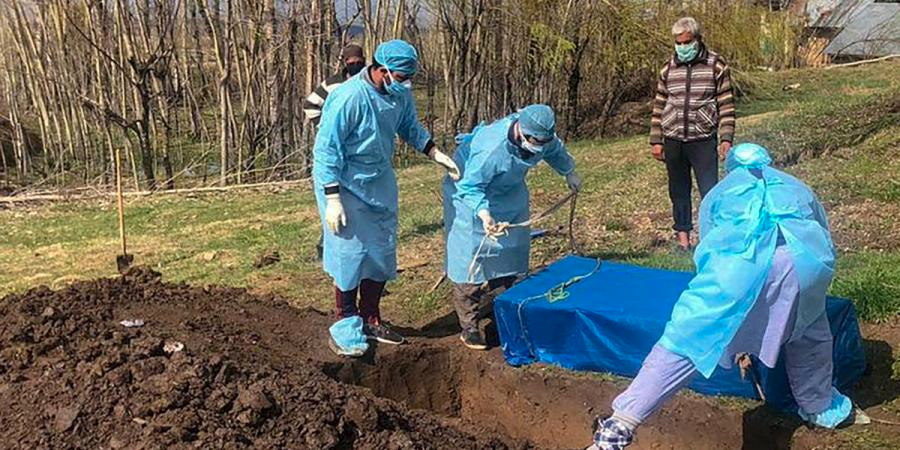Difference Between Cremation and Burial

Cremation and burial are two ways of disposing of a body after death. Cremation is the process by which a dead body is exposed to high temperatures, causing all its tissues and organs to burn. It results in a bone-like substance, which can then be crushed into ashes. The ashes are later spread in a designated area or buried in a grave site. Cremation can be carried out by professionals or at home, depending on the preference of the deceased’s family members.
On the other hand, burial is when a corpse is placed inside a coffin and buried underground. The coffin is usually made from wood or metal and may have designs engraved on it.
The difference between cremation and burial lies mainly in their respective costs. Although both methods require processing fees, only cremation involves processing fees for each stage of the process – from preparing the body for cremation to transporting it to the crematorium (a building where bodies are incinerated). In addition, there are additional costs associated with renting space in a cemetery or having your loved one buried in private land owned by someone else.
Planning for burial or cremation is a very personal decision. It will depend on your wishes and the wishes of your family members. You may wish to discuss with family members where they would like their loved ones ashes to be scattered, interred or buried.
Cremation is a more affordable option, which may appeal to you if you have limited funds or have lost your job. However, cremation also has some drawbacks that you should consider before making your decision.
If you choose burial, there are several options available for the cemetery plot itself:
Grave site purchase — This is the most traditional way to purchase a grave site. The grave site will be purchased in perpetuity (forever), without any restrictions on its use, meaning that your family can use it whenever they wish or need it.
Perpetual care — A perpetual care fee provides ongoing maintenance of the cemetery grounds so they stay neat and attractive for years to come. Perpetual care fees typically increase over time as well as with inflation, so this can be an expensive option if you plan on staying in town for more than 10 years or so.
Here are some things to consider when planning your funeral or memorial service:
Location – Where will the services be held? What kind of setting do you want? Is it important that it be held in a church or synagogue? Should it be held at home? Do you want the service to take place outdoors?
Reception – Will there be a reception following the service? Is there another place where people can gather after the service?
Casket or Urn – What kind of container do you want for the body? Will there be a casket present at all times during services? Do you want an open casket or closed casket? What about cremation — what kind of container will hold their ashes?
Music – What type of music do you want played during services and at receptions afterwards?







